Is collagen important for anti-aging? The word collagen is derived from the Greek word “kolla” meaning glue. So basically collagen is the “glue” that holds the entire body together. Collagen is a protein produced in the human body. It is a major structural protein, making up about 75% of our skin. Skin with healthy collagen levels looks smooth, plump, and youthful.
At the age of 21, our body’s production of new collagen begins to decline and existing collagen begins to break down. It decreases even more in women after menopause. In addition, it also affected by other factors such as smoking, sugar intake and ultraviolet rays. There is no way to prevent collagen loss in the body.
The Collagen Benefits
1. Increases Skin Elasticity and Hydration
Many clinical trials have shown collagen protein supplementation increases skin elasticity and hydrates skin. In one trial, women aged 35 and over showed statistically significant improvement in skin elasticity and skin hydration among subjects given 2.5 or 5 g of collagen daily for 8 weeks. In another study among women ages 40 to 60, supplementation with collagen for eight weeks helped with anti-aging as it showed a 28% average increase in skin moisture levels, and 91% of subjects reported less dry skin after supplementation.
2. Suppresses UV-Induced Skin Damage and Photo Aging
Research has found a positive effect of collagen peptide ingestion on reducing skin damage associated with sun exposure. Repeated UV exposure has been linked to aging effects on the skin, including wrinkle formation, decreased hydration, and decreased skin-collagen content. In a study measuring skin changes in subjects who were repeatedly exposed to UV damage for 6 weeks, the subjects who were given collagen peptides throughout the trial demonstrated fewer effects of sun damage compared to the control group. Another study showed a 31% decrease in skin-collagen fragmentation after supplementation for 12 weeks.
3. Decreases Wrinkle Depth and Volume
Another study measuring the effect of collagen intake on skin wrinkles showed a statistically significant reduction of eye wrinkle volume in comparison to the placebo group after 4 and 8 weeks of daily collagen intake
4. Hides Cellulite and Eliminates Stretch Marks
By strengthening the dermis layer of our skin, collagen also plays an important role in hiding cellulite and removing stretch marks. Cellulite becomes more visible as our skin stretches, thins, and sags. By increasing skin-collagen expression and improving skin elasticity and thickness, collagen helps to generate stronger, thicker skin that eliminates stretch marks and hides fat beneath the skin.
5. Oral Intake of Collagen Improves Skin more than Topical Creams
While collagen is used in many skin creams and lotions, it unfortunately, does not get absorbed by the skin when applied topically. Topical collagen usually contains full-length collagen protein molecules, which are too big to penetrate the skin. Oral collagen peptides are shorter-chain protein segments that are readily absorbed into the bloodstream and utilized by the skin.
Hydrolyzed collagen consists of small peptides with a low molecular weight that is easily digested, absorbed, and distributed throughout the body. While traditional collagen serums only penetrate the top layer of the skin, hydrolyzed collagen is more easily absorbed by the body and can thus boost collagen in the deeper layers of the skin. A 1999 study published in the peer-reviewed medical journal Arthritis & Rheumatology showed that orally administered hydrolyzed collagen was digested and more than 90% of it was absorbed within 6 hours, with measurable accumulation in the skin and cartilage.

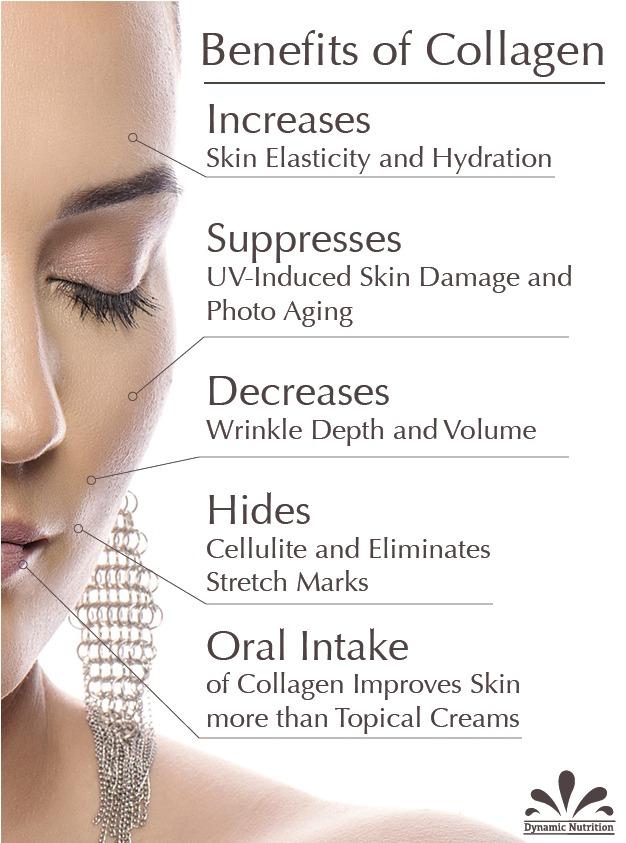
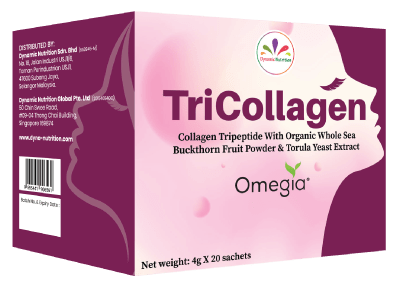

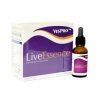



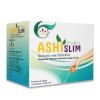
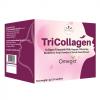
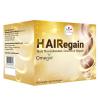

Facebook Comments